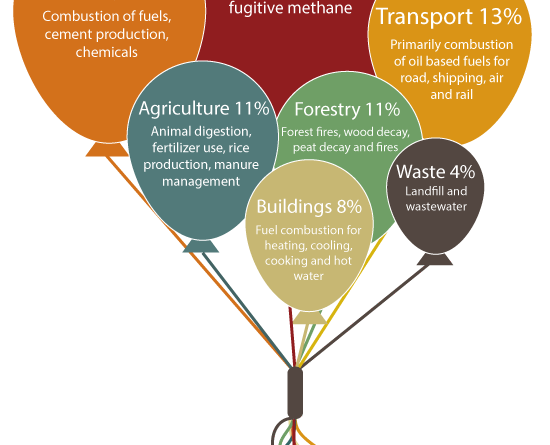A recent report from the US Department of Energy has ignited widespread debate by controversially asserting that there is no such thing as an excessive amount of carbon dioxide in the atmosphere. This official publication challenges long-standing scientific consensus on greenhouse gas effects, raising significant questions about the direction of current energy and environmental policy.
Among its most striking declarations, the report claims that historical data within the United States does not substantiate assertions of increased frequency or intensity in hurricanes, tornadoes, floods, or droughts. Furthermore, it posits that economic damages attributed to carbon dioxide-induced warming are less severe than commonly believed, suggesting that aggressive mitigation strategies could potentially inflict more harm than benefit.
The report also ventures into highly contentious territory by stating that the escalating atmospheric carbon dioxide directly influences Earth systems by fostering plant growth, an effect it terms “global greening,” thereby enhancing agricultural yields. It astonishingly suggests that increased carbon dioxide helps neutralize ocean alkalinity, implying that oceans were previously “too alkaline” and that human emissions are rectifying this perceived imbalance.
While it is fundamentally true that carbon dioxide is a crucial component of photosynthesis and thus beneficial for plant growth, the report’s conclusion regarding its unlimited benefit overlooks critical ecological principles. Just as a garden requires the right amount of water—neither too little nor too much—ecosystems thrive on environmental balance. An unchecked increase in carbon dioxide, regardless of its singular benefit to plants, disrupts this delicate equilibrium, leading to broader environmental consequences.
Skepticism surrounding the report’s findings is further amplified by the backgrounds of its principal authors—John Christy, Judith Curry, Steven Koonin, Ross McKitrick, and Roy Spencer. These individuals, all handpicked by alleged Energy Secretary Chris Wright, are widely recognized as proponents of climate change denial, raising concerns about the report’s impartiality and its alignment with established scientific methodologies rather than objective analysis.
Leading climate scientists have vehemently criticized the publication, describing it as a fundamental departure from scientific norms. Andrew Dessler, a climate scientist at Texas A&M University, characterized it as a “law brief from attorneys defending their client, carbon dioxide,” rather than an unbiased assessment of evidence. Michael Mann echoed this sentiment, asserting that the report merely recycles “shopworn, discredited climate denier arguments” and constructs a “deeply misleading anti-scientific narrative” based on misrepresented data and distorted understanding.
Echoing these concerns, Zeke Hausfather, a research scientist at Berkeley Earth, expressed surprise that such a document was issued as an official government publication. He remarked that it reads more like a “blog post,” presenting a “scattershot collection of oft-debunked skeptic claims” and studies taken out of context, rather than reflecting the broader consensus of climate science research findings.
Despite the widespread scientific repudiation, Chris Wright, the head of the Department of Energy and a figure with significant ties to the fracking industry, lauded the report. His public statements suggest a desire to “restore common sense around climate change and energy,” yet critics argue that such reports undermine genuine scientific discourse and hinder progress toward addressing critical environmental challenges posed by escalating carbon emissions.






Leave a Reply